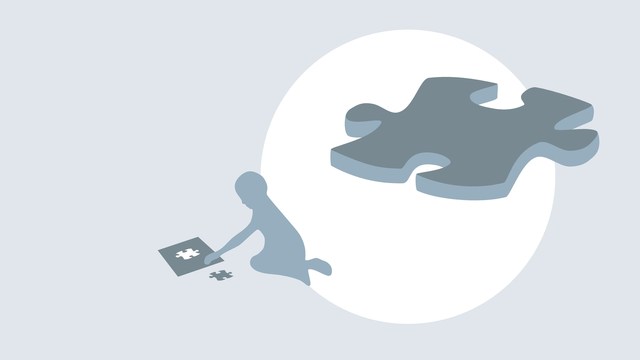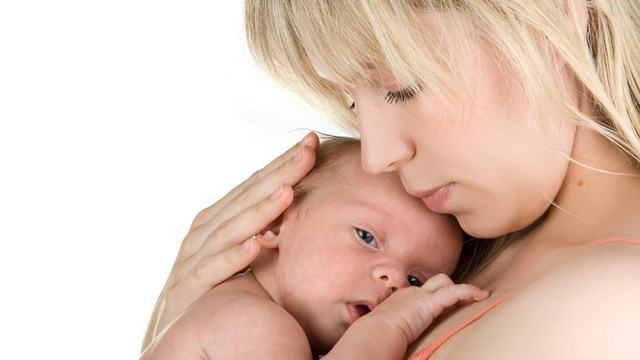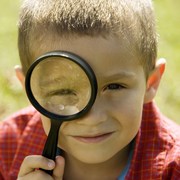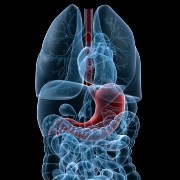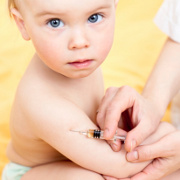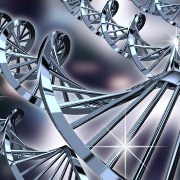Symptoms
Autism first appears in children age three and younger. The severity of symptoms varies over a wide spectrum. Behaviors and abilities may differ from day to day; symptoms may decrease as the child grows older. Children with autism may exhibit a combination of abnormal behaviors.
Symptoms include:
- Avoiding social contact
- Loss of language
- Using words incorrectly, changing the meaning of a common word
- Gesturing frequently
- Avoiding eye contact
- Trouble with nonverbal communication
- Lack of interest in normal activities for that age
- Spending a lot of time alone
- Not playing imaginatively
- Not starting pretend games
- Not imitating others
- Sensitivity to sound, smell, taste, sights, and touch
- Responding to stimulation in an abnormal way
- Not reacting to smiles in the manner expected
- Hyperactivity
- Passiveness
- Tantrums
- Single-mindedness
- Aggression
- Hurting self, self-mutilation
- Repetitive movement, such as rocking or flapping a hand
- Resisting change
- Forming odd attachments to objects
- Sniffing or licking of toys
- Not understanding other peoples' feelings and needs
Some people with autism suffer from other disorders as well, including:
- Seizures
- Mental retardation
- Genetic disorders, such as fragile X syndrome
Some people with autism have unusual abilities. For instance, they may memorize things or be able to play a musical instrument without lessons. Children with autism may show varying signs of cognitive impairment, but have normal intelligence. According to the Autism Information Center, children with autism may be very good at putting puzzles together or solving problems, but instead have trouble in other areas like talking or making friends. Autism, a group of developmental disabilities caused by abnormality in the brain, is a highly individualized disorder.
Diagnosis
Doctors who specialize in autism will observe the child's behavior, social contacts, and communication abilities. They will assess mental and social development and ask parents about the child's behavior. Some doctors ask parents to bring in videotapes of the child at home.
Tests may include:
- Neuropsychological tests
- Questionnaires and observation schedules
- IQ tests
Medical tests to rule out other conditions that cause similar symptoms may include:
- Blood tests
- Urine tests
- DNA testing
- Electroencephalogram (EEG) —a test that records the brain's activity by measuring electrical currents through the brain
Please be aware that this information is provided to supplement the care provided by your physician. It is neither intended nor implied to be a substitute for professional medical advice. CALL YOUR HEALTHCARE PROVIDER IMMEDIATELY IF YOU THINK YOU MAY HAVE A MEDICAL EMERGENCY. Always seek the advice of your physician or other qualified health provider prior to starting any new treatment or with any questions you may have regarding a medical condition. Copyright © 2024 EBSCO Publishing All rights reserved.
.jpg) World Autism Awareness Day is April 2nd
World Autism Awareness Day is April 2nd
